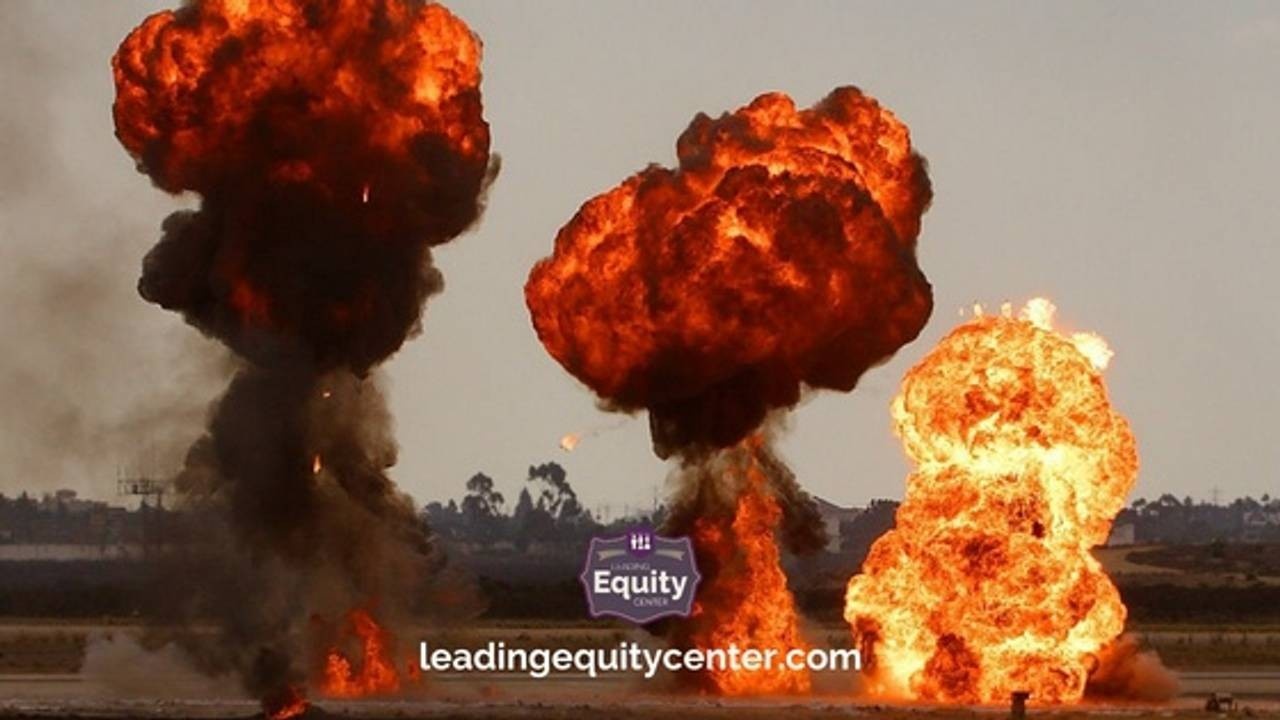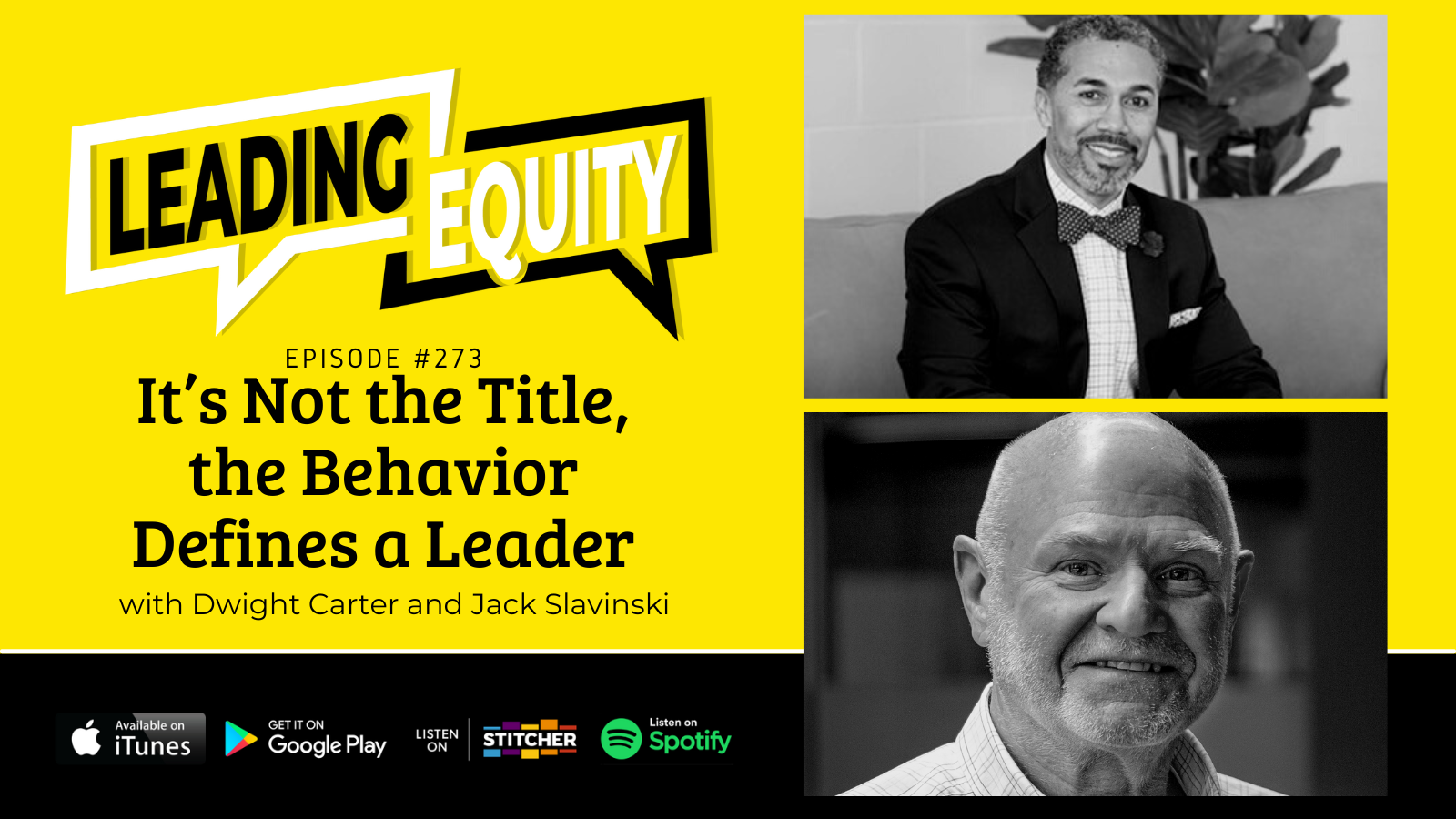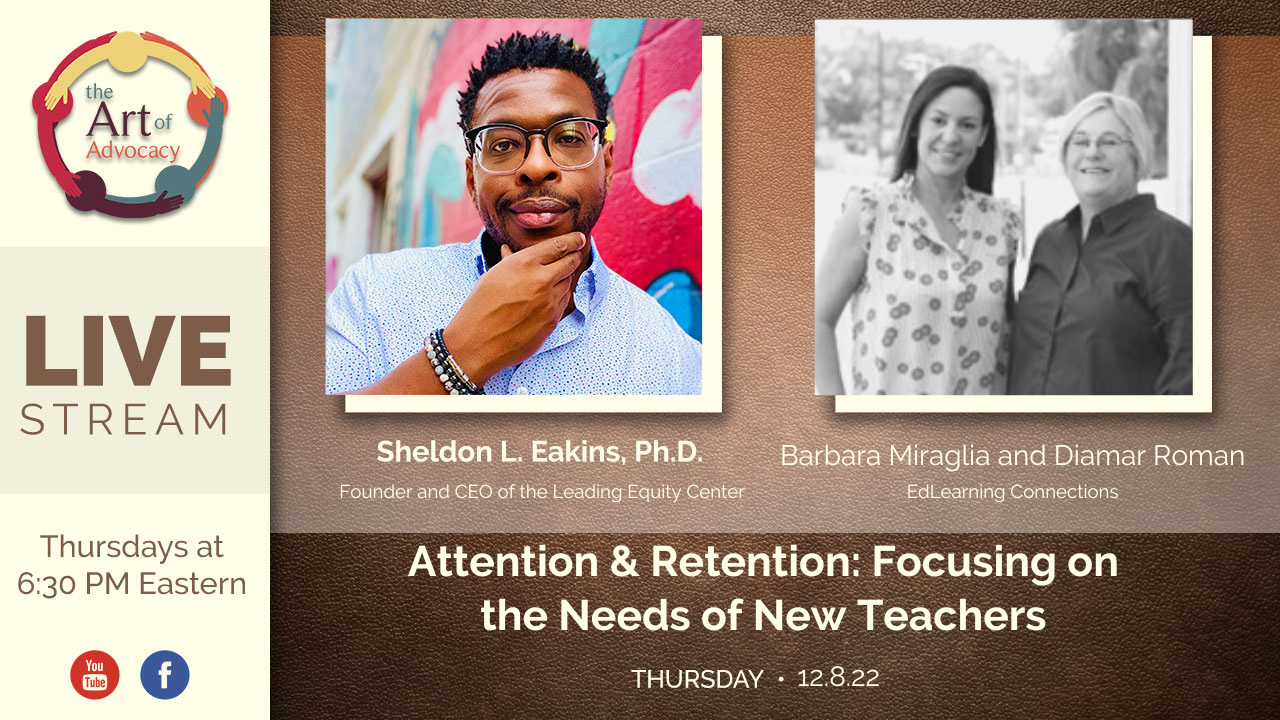School Principal's thoughts on culture wars

Hey Advocates,
I was excited to learn that Brittney Griner arrived back in the US a few hours ago. Brittney is a WNBA star who was held for months in Russian prisons on drug charges.
I worked with EnCorps STEM Teachers Program and Worchester Public Schools this week. I'd love to work with you and your organization. Book a FREE 30-minute consultation with me, and let's chat! You can find all of the Leading Equity Center's services here.
Let's get to this week's topic.
A teacher from my kid's school sent me this NPR Education article, "School principals say culture wars made last year' rough as hell" by Corey Turner. Over this past summer, researchers from the Institute for Democracy, Education and Access at UCLA and the Civic Engagement Research Group at UC Riverside surveyed almost 700 high school principals about their 2021-2022 academic school year. What came up in the survey will for sure grab your attention.
"Something needs to change or we will all quit," says a high school principal in California.
John Rogers, a UCLA professor of education who also helped steer the survey efforts, says the difference between this survey and an earlier 2018 survey of principals (which showed that conflicts were showing up in schools) "is that a lot of the political conflict is being targeted at public schools," particularly in "purple" districts (i.e., districts where Trump won the 2020 election by 45-54.9%).
The survey reported that 69% of the principals cited "substantial political conflict" with parents or community members last year over various controversial topics such as, "
- Teaching about issues of race and racism
- Policies and practices related to LGBTQ+ student rights
- Social-emotional learning
- Student access to books in the school library."
Misinformation has gotten to "You can't [use newspapers] anymore. You can't use CNN because the parents will go nuts on you. You can't use Fox because it's so out there. It's hard to teach kids about what's going on in any kind of context, because there is no context anymore."
A Minnesota principal recalls, "My superintendent told me in no uncertain terms that I could not address issues of race and bias…He told me, 'This is not the time or the place to do this here. You have to remember you are in the heart of Trump country and you're just going to start a big mess if you start talking about that stuff."
Additionally, about half (48%) of principals say, "they faced outside efforts, from parents or the broader community, to "challenge or limit LGBTQ+ students' rights," with principals in purple communities almost twice as likely as those in more conservative or liberal areas to say they faced multiple such efforts."
A comparison of 2018 to the 2022 survey also shows a significant rise in attacks on LGBTQ+ students from 15% to 24%, an almost 10% increase.
Despite the personal toll and pressure these principals face daily, many maintain that the great majority of parents do not support the divisive conflicts; instead, these conflicts result from "small clusters of hate," as a principal of North Carolina stated. And principals suppose that the reasoning behind this silent majority may be due to being "too busy or overwhelmed or are afraid that if they become engaged, they're going to face danger," UCLA's Rogers says."
Yet, as Joseph Kahne, a UC Riverside education professor and Roger's project colleague, says, silence is not "healthy for a school system that is meant to serve all children." And "If the vast majority of folks are quiet, then folks who have very strong opinions or who are willing to engage in very contentious politics will have an outsized influence," Kahne advises. "If all parents and community members speak up, and if they have reasoned and focused conversations, that dialogue will be good for schools."
I wholeheartedly agree with Kahne. We must have these conversations. We must start this dialogue. We cannot allow "small clusters of hate" to bulldoze the conversation and inhibit all of our students' voices from being heard. I encourage you to speak up, even when it's challenging and uncomfortable because creating change requires us to be comfortable with the uncomfortable. Take that first step and then another, and keep going.
As corny as it may sound, teamwork makes the dream work. Suppose you'd like to learn more about listening to your students and showing up for them. In that case, I invite you to join me and Darlene Reyes, Student Equity Instructor, at our January programming "Amplifying Student Voices: The Fundamentals for a Student-Centered School Experience."
Here's a testimonial from one of the participants of our student affinity groups.
Content created this week:
Show Highlights
- Defining leadership
- Basic leadership skills
- Leadership Framework
Session Description
In this session, Diamar Roman and Barbara Miraglia discuss the top 5 things principals must keep in mind about new teachers. Subscribe to the channel.
That's all for this week,
Sheldon




